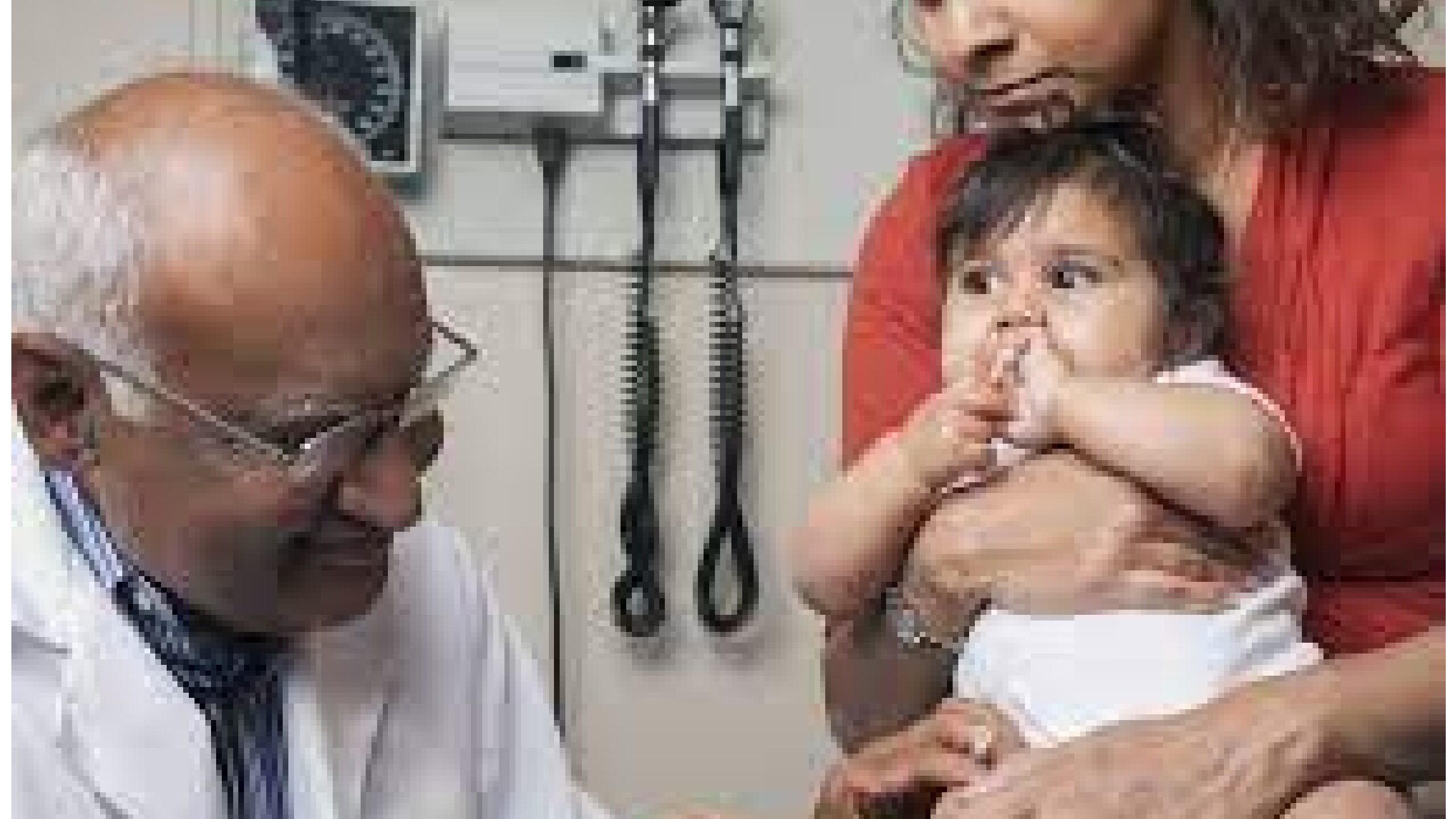Shekhar Nambiar
Where are the good old GPs, or the general practitioners, gone?
The last of them were with us until a decade or two ago.
GPs were the lifeline our families clung to. Night and day, weathering storms and scorching heat, they were there always tending to a burn victim or a child with high fever in a delirious state. Suffice it to say their care literally took us into our teens and beyond.
On the broader public health firmament, the role of GPs was immense and still ought to be so in a country as big as ours. Their services as frontline providers can give succour to remote communities and contribute in some measure to attain universal primary health care targets.
Also read: Simla of my dreams
Prof. V. Ramalingaswami

I am reminded of the renowned medical scientist, pathologist and international health policy expert, the Srikakulam-born late Professor Vulimiri Ramalingaswami. Rama to friends, he had also done pioneering research on nutritional deficiencies in India. I had the privilege to have worked with him and know how deeply committed he was to the community coming first and foremost, of essential national health research playing an important part in the scheme of things, and above all, inclusiveness and a bottom-up approach.
As an interesting aside, I cannot resist narrating a conversation where he talked about the diversity of India’s physical features, offering a variety of sceneries to differing choices. He exclaimed, “where is the need for us to seek overseas destinations when our country has so much to offer.” If my memory serves me right, as a young doctor who had just begun his career during the fifties, he travelled across the Western Ghats to collect data for a project, embarking from the Nilgiris, then up north and culminating in present-day Uttara Kannada. His description of the route he traced and the beauty of the mountains was in the inimitable Ramalingaswami style. A colleague said words came from him as if “Saraswathi danced on his tongue.” His writing too was impeccable.
Also read: The wheel has come full circle
Selfless service
Back to the GPs. They are known to have the innate ability at quick and near-accurate diagnosis and expertise in medicine, prescribing strong doses or advising hospitalizations only as a dire necessity. Most of us didn’t have medical insurance cover. Antibiotics were not as rampantly prescribed as they are now – a panacea for all ills as these have become in the past few decades!
Where the need arose, the GP referred the patient to a specialist and the system worked well. But the GP’s diagnosis or the initial indication of what the problem might be due to was, more often than not, correct and importantly, factored in the treatment. And this applied across the breadth and range of diseases – from pneumonia, Koch’s lung, skin allergies, to malaria, viral fevers and emergency childbirths.
The GPs’ sharpness, alertness, selfless service day in and day out, and devotion were hallmarks that helped them deliver.
Also read: Tellicherry on my mind
No costly diagnostic tools
The diagnostic tools available were far, far fewer than today, and rarely, if any, high-end technology. X-rays were perhaps the only way to detect what was wrong with the lungs, the ubiquitous blood test apart. They are still unavoidable, for example, to look at fractures and broken or cracked bones. And a lot less expensive than some of the more advanced diagnostic tools in use nowadays.
The MRI and CT scans have become among the most basic of modern machines used in diagnosis. MRIs are no doubt safer than the harmful rays of the X-ray. The pounding inside the cylindrical drum can be nerve-wracking, not to speak of the claustrophobia once inside it.
Until a few decades ago, echo cardiograms were probably mostly used for heart and related ailments. Today, they find wide use in preventive health check-ups along with other tools which, no doubt, assist many patients from getting very sick.
Doctors of the past had sharp memories and could recall the minute details of the last consultation and, of course, the medical history of the patient. Remember, there were no laptops or smartphones to record histories or keep a record of things.
Also read: Chennai for all seasons
No official recognition
A warm welcome and a quick wave of the hand as a sign of recognition were enough to comfort and provide solace to the patient.
In rural pockets those days, bereft of the most basic of primary health care, these doctors played a part in providing the best possible service, including weaning the gullible away from quacks and witchcraft. They worked in difficult conditions, trudging and climbing long distances, sometimes on bullock carts. They were, in a sense, India’s version of the flying doctors, minus the airplane. Over the years I have had the good fortune of knowing some such doctors, legends in their pockets of influence, but who went about their selfless service unsung and sans any official recognition. Most did not clamour for titles or publicity. Such was the dedication and commitment to their calling.
Also read: Chasing the monsoon
At the risk of sounding to criticize mega specializations and the excessive use of modern machines as diagnostic tools, the one critical element lacking today is the doctor-patient relationship, and much less empathy. As the late Sir William Osler, considered as the Father of Modern Medicine and one of the founders of The Johns Hopkins Hospital, said “The good physician treats the disease; the great physician treats the patient who has the disease.”
I recall the faces of the ‘family doctors’ from our growing up years. Now they are gone and I can see their benevolent gaze from up above.
In their journeys across India on bullock carts to the 21st century, GPs have drifted into oblivion, forgotten and not to be seen as much as they ought to have been.
Also read: Beatles: The legend lives on




